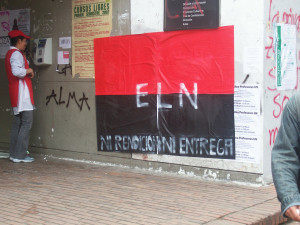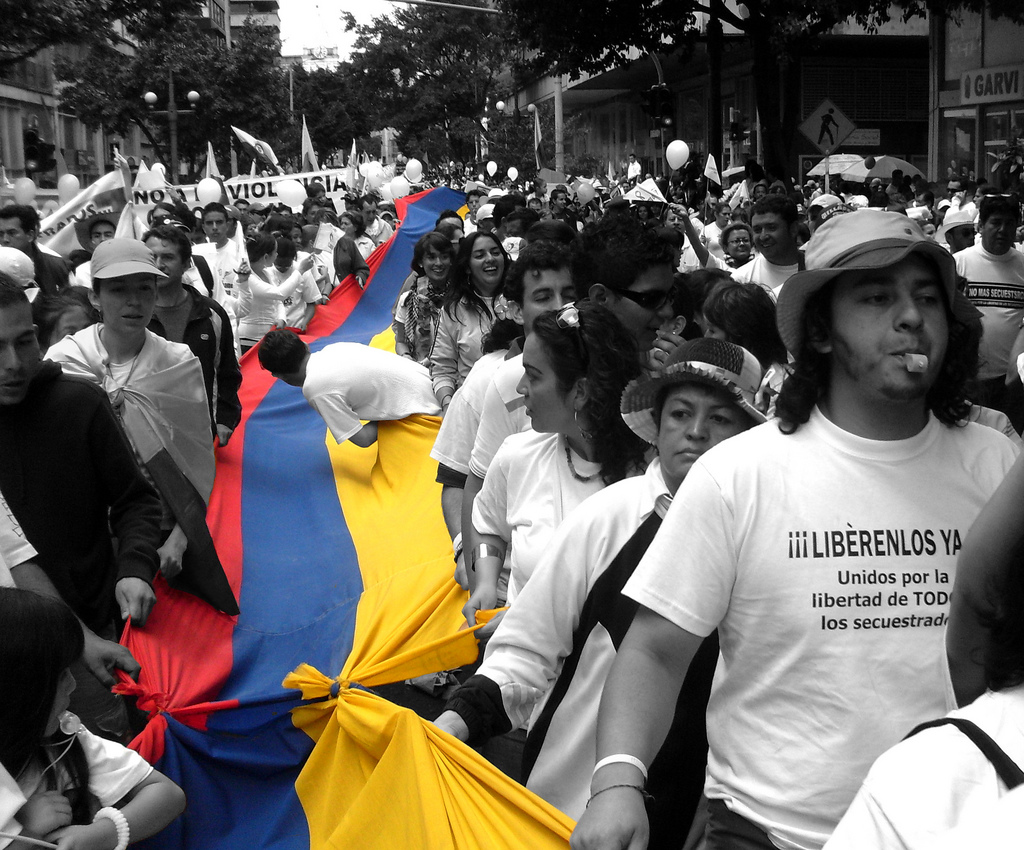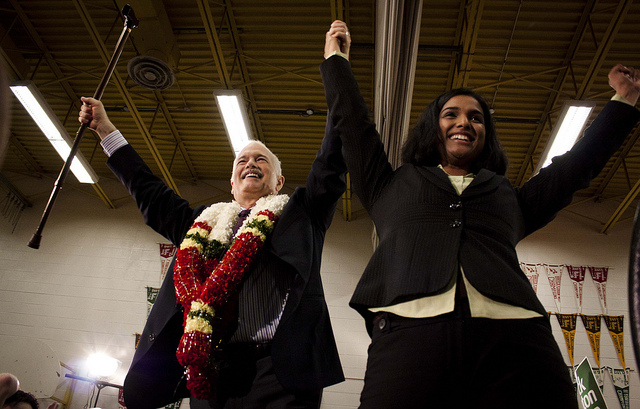On May 29, 2015 the Government of Colombia and the rebel group Fuerzas Armadas Revolucionarias de Colombia or FARC began clearing the thousands of landmines that litter the country. This was agreed upon on March 7, 2015 as part of the negotiations to bring an end to the leftist insurgency that the FARC has been waging against the Colombian government since the 1960s. Since FARC planted many of the landmines they are required to work alongside the government by providing maps, documents, and even manpower in order to locate and disarm the landmines that are scattered throughout the country.
 Colombia is second to Afghanistan in civilian injuries caused by landmines, so this is a major step forward for the well-being of the country. The northern regions of the country are heavily covered in landmines and that is where guerillas and soldiers will begin clearing mines. The task is particularly difficult since the FARC has not committed to stop planting mines, and the other rebel group in Colombia, Ejército de Liberación Naciónal or the ELN also uses landmines and is not in the peace talks. This may seem like simple follow through on negotiations, but FARC and the Government of Colombia working together is an example of how resilient the peace talks are and how strongly both sides are committed to peace.
Colombia is second to Afghanistan in civilian injuries caused by landmines, so this is a major step forward for the well-being of the country. The northern regions of the country are heavily covered in landmines and that is where guerillas and soldiers will begin clearing mines. The task is particularly difficult since the FARC has not committed to stop planting mines, and the other rebel group in Colombia, Ejército de Liberación Naciónal or the ELN also uses landmines and is not in the peace talks. This may seem like simple follow through on negotiations, but FARC and the Government of Colombia working together is an example of how resilient the peace talks are and how strongly both sides are committed to peace.
For the Colombian government there is a lot of political capital invested in these negotiations. One of President Manuel Santos’ campaign promises was the peace that these negotiations would bring. There are many critics of these negotiations and their numbers include former President Alvaro Uribe who says that the government has no place negotiating with the rebels after all they have done. If these negotiations were to fail then Santos will lose all political capital for the remainder of his presidency and any chance at a political future afterwards. Much of his professional life and his legacy as President rest on how these negotiations end.
 For the rebels bringing a successful end to these negotiations would mean reentry into a normal life. FARC numbers have fallen greatly since the insurgency began in the 1960s, falling to just 8,000 thousand fighters today as opposed to 16,000 in 2001. Many of the younger members have left for a more comfortable family life after years of toiling in the jungles, while some middlemen are leaving to join one of the many drug gangs in the country under the allure of the money that will bring. Some members have also become disillusioned with FARC, and a number of the higher ranking members are not the young men they once were. The majority of FARC fighters are tired of fighting and want to lay down their arms. If granted immunity the rebels would potentially be able to reintegrate into Colombian society and lead somewhat normal and comfortable lives.
For the rebels bringing a successful end to these negotiations would mean reentry into a normal life. FARC numbers have fallen greatly since the insurgency began in the 1960s, falling to just 8,000 thousand fighters today as opposed to 16,000 in 2001. Many of the younger members have left for a more comfortable family life after years of toiling in the jungles, while some middlemen are leaving to join one of the many drug gangs in the country under the allure of the money that will bring. Some members have also become disillusioned with FARC, and a number of the higher ranking members are not the young men they once were. The majority of FARC fighters are tired of fighting and want to lay down their arms. If granted immunity the rebels would potentially be able to reintegrate into Colombian society and lead somewhat normal and comfortable lives.
Many obstacles have come up that threaten to derail the peace process, but regardless of what may come up neither side is willing to walk away from the table. Both sides have a lot at stake in the negotiations and do not want to sacrifice everything that is on the line here. Hopefully this momentum continues and brings peace to Colombia.




